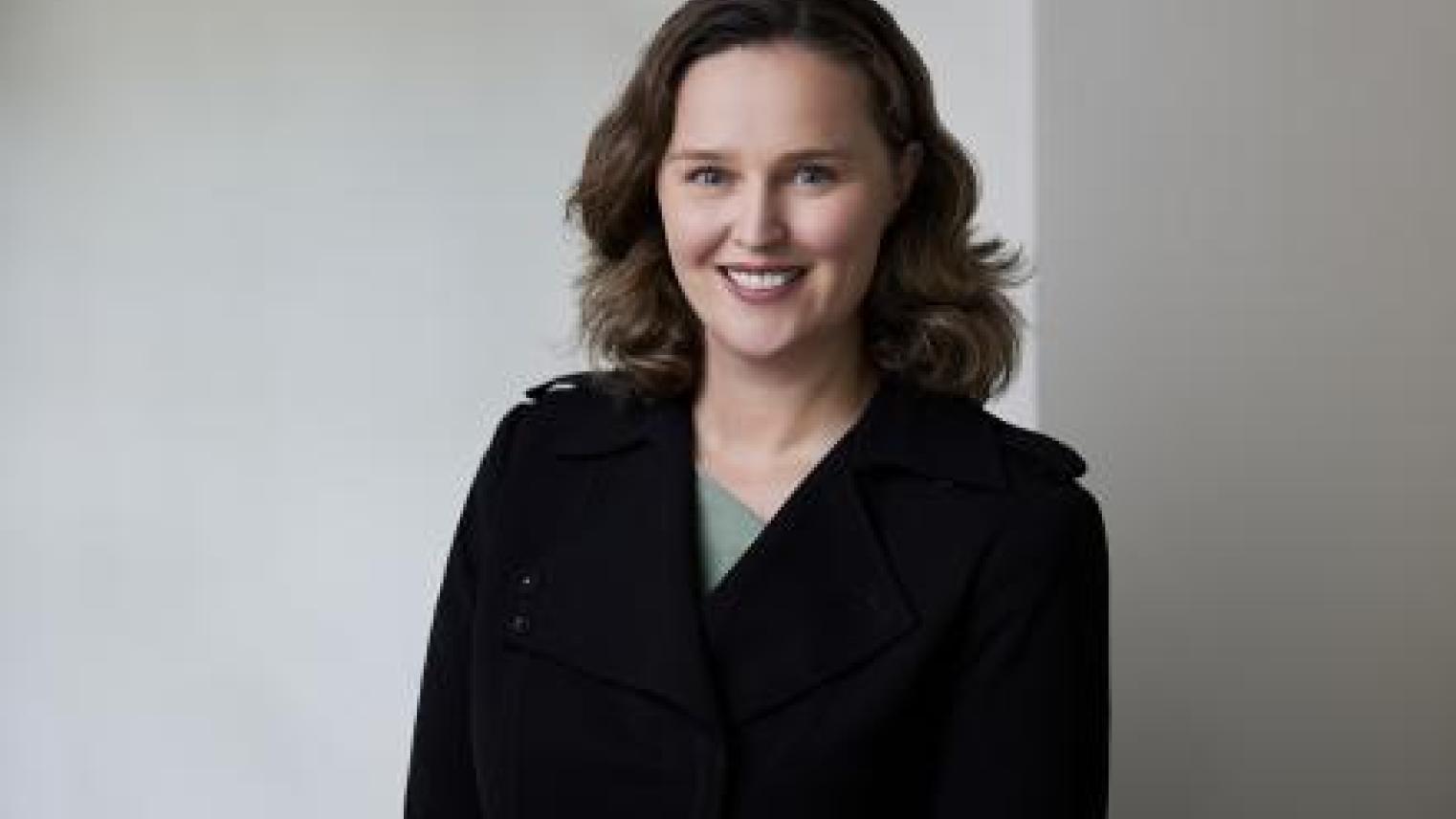Staff Profile: Anthea Roberts

Anthea Roberts is a Professor at the School of Regulation and Global Governance (RegNet) who specialises in public international law, international economic law, comparative international law and geoeconomics. She was named leading scholar in International Law worldwide by The Australian in September 2019. She shares with us the importance of studying international law and global governance in the Asia-Pacific region and what attracted her to scholarship.
What drew you to the School of Regulation and Global Governance at ANU College of Asia and the Pacific?
RegNet has a global reputation for doing innovative interdisciplinary work on important global governance issues. I recognised the international system was undergoing significant geopolitical, economic, security and technological shifts that needed to be thought through from multiple angles, so I wanted to move to an interdisciplinary research centre to help me work out how to answer some of the questions that were puzzling me.
Why is studying international law and global governance in the Asia-Pacific region so important at this point in time?
I don’t so much study international law and global governance in the Asia-Pacific as what the rise of Asia in general and China in particular is doing to change the structures and substance of the international system on a global level. For instance, I am currently working with various ANU colleagues (Jane Golley, Darren Lim, Rory Medcalf, Lesley Seebeck and Andy Kennedy) and multiple government departments about how the US-China tech/trade rivalry is reshaping international trade and investment, not to mention digital connectivity and defence supply lines. We are calling this area “geoeconomics” and it reflects a fascinating intersection of geopolitics, economics, security and technology in an age of deep economic interdependence and growing digital connectivity.
You’re currently working on a project that examines economic narratives around winners and losers in the age of globalisation. Why is it important we better understand these narratives?
Narratives both reflect and influence how people understand complex phenomena, like economic globalisation, yet they are understudied in economics. This is starting to change. For instance, Nobel Prize winning economist Robert Shiller published just this month a new book calling for the study of “Narrative Economics.”
I am regularly struck by the multiplicity of conflicting narratives that are being offered, from populism to protectionism, geoeconomics to corporate power, establishment to sustainability. My co-author (Nicolas Lamp) and I wanted to create a framework for understanding the essence of each narrative and for tracking how different actors are strategically shifting narratives or mixing and matching them to suit their needs and interests.
Understanding these narratives is important in thinking through how governments are likely to respond by changing their policies about a whole range of issues, from trade and investment treaties to industrial and competition policy.
Your most recent book, Is International Law really international?, uses innovating socio-legal approaches to challenge the idea that international law is universal. Can you tell me a little about your argument in the book and how it has been received?
This book is part of a sub-field that my co-authors and I call “Comparative International Law”. We are used to comparing domestic laws because we assume they might be similar or different in ways that would be interesting to compare.
But we had no real tradition of comparative international law because the field is premised on the idea that there is only one international law and it looks the same everywhere.
My research suggested this was very much not the case. However, I also feel that having presented this book in many places around the world – from China to America and the ICJ to the WTO – I should write a follow up called “Comparative Reactions to Comparative International Law” because often the differences in reactions very much followed what I would have predicted from the underlying research. But that is for another time.
You’ve talked a bit before about the importance of impact and asking big questions as an academic. Can you tell us a little about what attracted you to scholarship?
I’ve always been someone who is attracted to trying to understand the world and my reactions to it — that drives a lot of my scholarship.
When I see economists and security specialists analysing things like the US-China relationship in very different ways, for instance, it pricks up my ears and I start watching for how and why they are approaching the issue differently. I will then explore what sort of framework could make it easier for them to talk to each other when their areas intersect.
This means my work often focuses on big picture macro trends and how they manifest themselves in the lives of individuals, including government officials. I like to test out my ideas on diverse audiences, which helps in stimulating new ideas and appreciating different perspectives. I want to influence people to think about things in different ways and stimulate debate.
This article was originally published on CAP Staff Profiles 17 December 2019